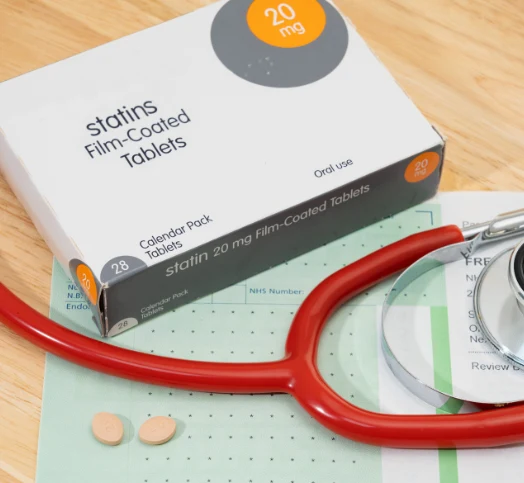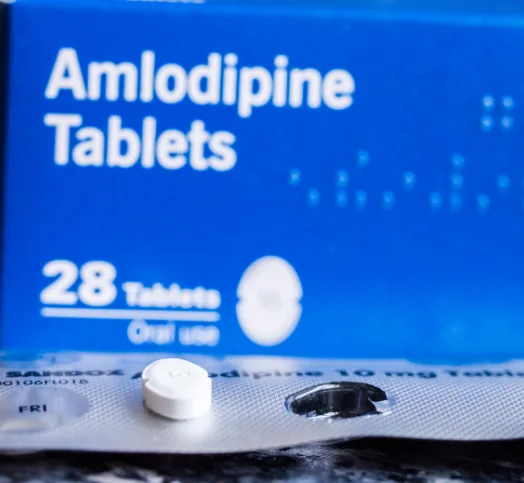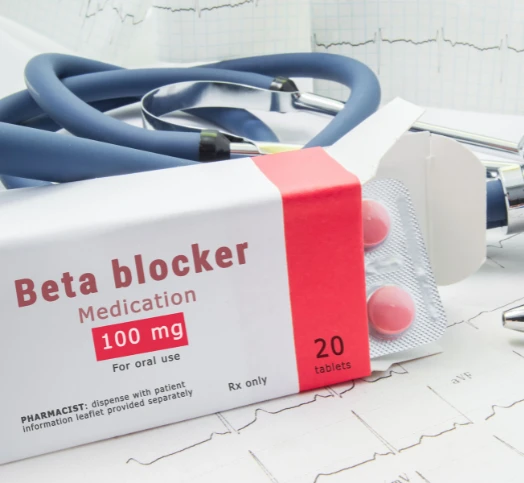empowerment
begins with
education
Subscribe to Heart Matters for trusted
insights, delivered straight to your inbox.
LATEST NEWS
Cholesterol is often misunderstood. While it is frequently linked to heart disease, it is actually a vital substance in the body, essential for building cell membranes, producing …
Understanding Chest Pain Chest pain is a symptom that can understandably cause concern. It is often associated with …
Food packaging is designed to grab your attention with bold claims, colours, and feel-good phrases. But turn the …
The heart contains four valves that serve a critical role in directing blood flow through its chambers and …
When it comes to heart-friendly comfort food, few dishes are as satisfying and nourishing as a homemade pumpkin …
You may already be familiar with traditional cardiology, which focuses on treating heart disease using medications, procedures, and …
Stents are a common part of modern heart care, especially for people with narrowed or blocked coronary arteries. …
As a cardiologist, I often speak with my patients about practical ways to support heart health through food, …
When most people think of gout, they imagine a painful, swollen big toe. But what if this common …
Vitamin D is a fat-soluble vitamin that plays a crucial role in the body’s absorption of calcium, which …
Healthy Living
Editorial Spotlight

Prof. Peter Barlis - Editor
Thank you for visiting Heart Matters. We aim to empower you with valuable, easy-to-understand heart health insights, cutting through jargon. Whether you aim to control your heart health, manage an existing condition, or enhance your knowledge of heart wellness, Heart Matters is your go-to guide to help you achieve your goals.
Search articles
Our Youtube Channel
Discover our Heart Matters YouTube channel, where we bring heart health to life. From explaining common conditions and symptoms to discussing the latest research, our engaging videos simplify complex topics, ensuring you have access to valuable knowledge for a healthier heart. Subscribe now and embark on a journey of education, empowerment, and inspiration.
Conditions


Symptoms
During my follow-up consultations with patients after their discharge from the hospital following treatment for a heart attack, a common theme emerges: many recount initially attributing their chest discomfort to heartburn or indigestion. Often, …
As a cardiologist, I often encounter patients who are understandably distressed by palpitations. It’s reassuring to know that …
During my follow-up consultations with patients after their discharge from the hospital following treatment for a heart attack, …
As a Cardiologist, I frequently hear patients discussing a dry cough – one of the more common symptoms …
Our heart relies on a precise electrical system to maintain rhythm and function. This system works silently in …
Dizziness is a seemingly innocuous sensation that can leave us disoriented, unsteady, and anxious. While a momentary bout …
Swelling of the ankles, also known as edema, is a common condition that can be caused by a …
Medicines HUB
New Research
dont miss a beat
Stay informed about cardiovascular health with our newsletter. Get the latest insights, valuable tips, expert advice, and educational content delivered straight to your inbox.









